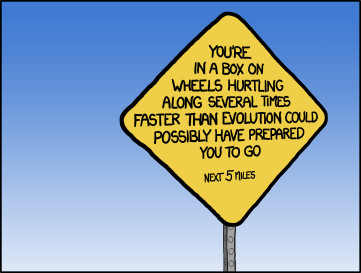New study shows pain meds don't work for 27% of whiplash patients
/ A new study published in the Scandinavian Journal of Pain explored the effectiveness of pain medications for whiplash patients with chronic pain. The patients were administered morphine or ketamine (both powerful pain drugs). 27% of the patients were classified as non-responders, meaning that the powerful pain drugs were ineffective in relieving chronic whiplash pain. The article "stresses the importance of individualizing the assessment and treatment of subjects with chronic whiplash-associated disorders."
A new study published in the Scandinavian Journal of Pain explored the effectiveness of pain medications for whiplash patients with chronic pain. The patients were administered morphine or ketamine (both powerful pain drugs). 27% of the patients were classified as non-responders, meaning that the powerful pain drugs were ineffective in relieving chronic whiplash pain. The article "stresses the importance of individualizing the assessment and treatment of subjects with chronic whiplash-associated disorders."
Whiplash treatment isn't a one-size-fits-all approach. Injuries can be painful, permanent, and progressive, and treatments need to be tailored to what works for individual patients. A combination of family doctors, radiologists, neurologists, osteopaths, chiropractors, physical therapists, and massage therapists, among others, is not unusual for patients seeking relief from chronic whiplash pain.
The full citation for the article is M. Persson, J. Sorensen, B. Gerdle, Whiplash Associated Disorders (WAD): Resposnes to pharmacological challenges and psychometric tests, Scandinavian Journal of Pain 3(2012) 151-163.




